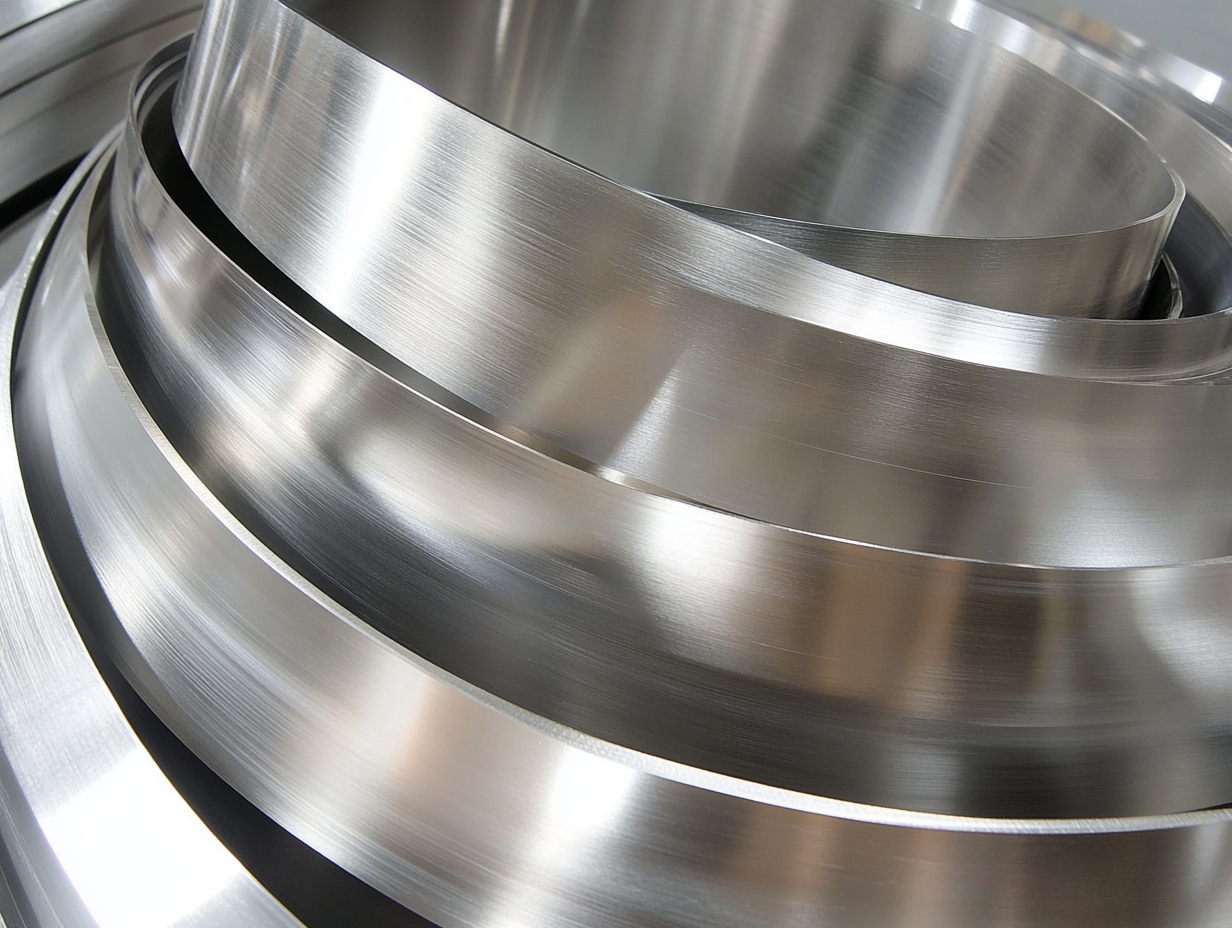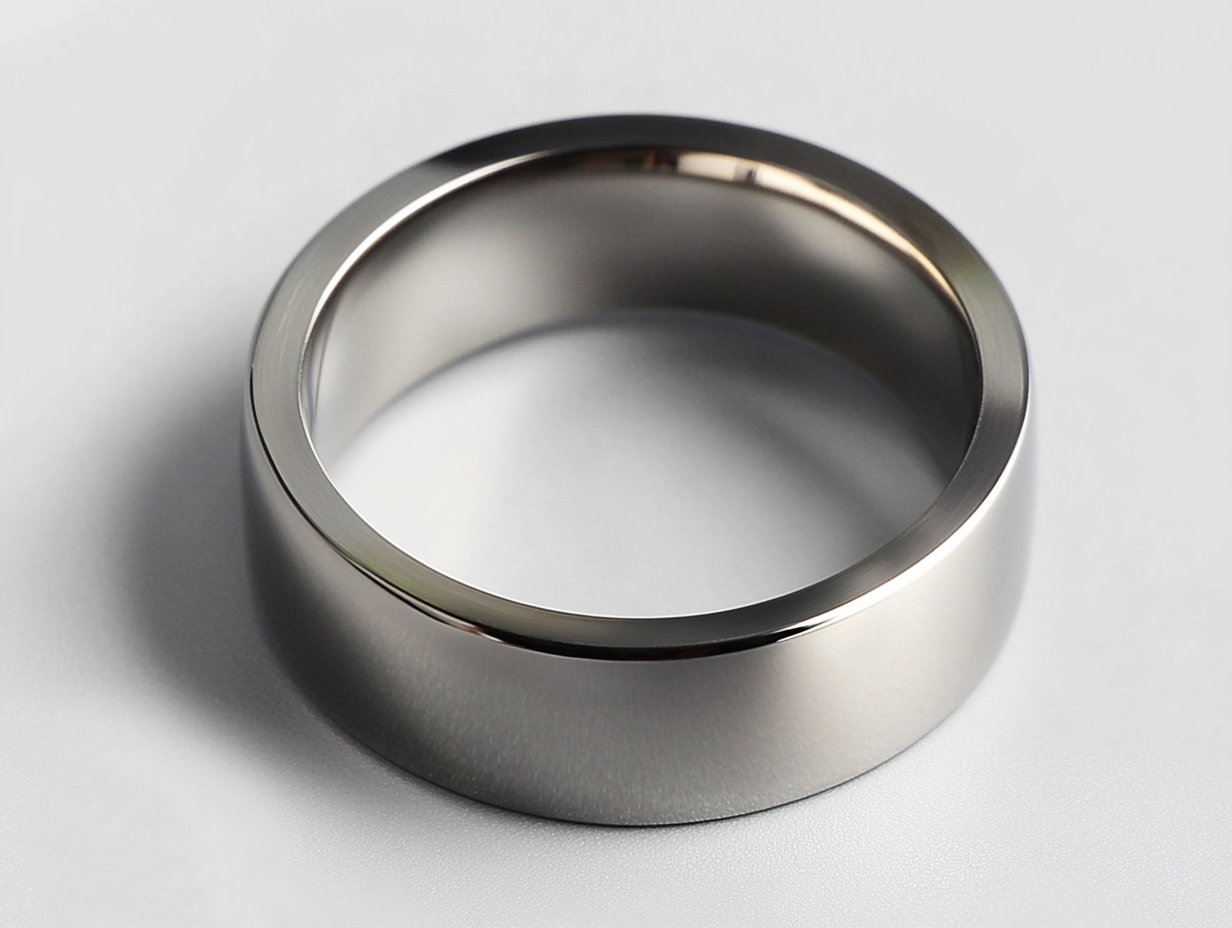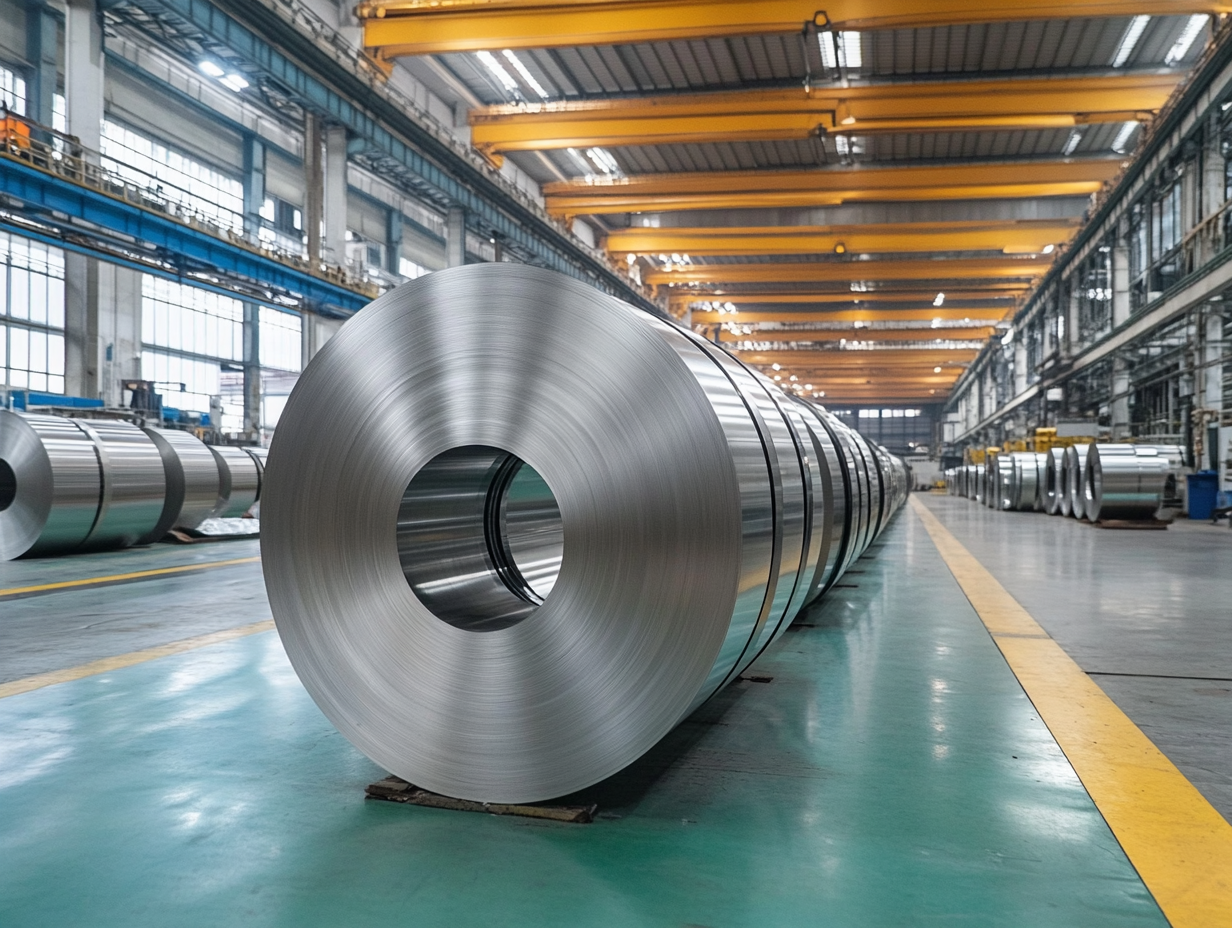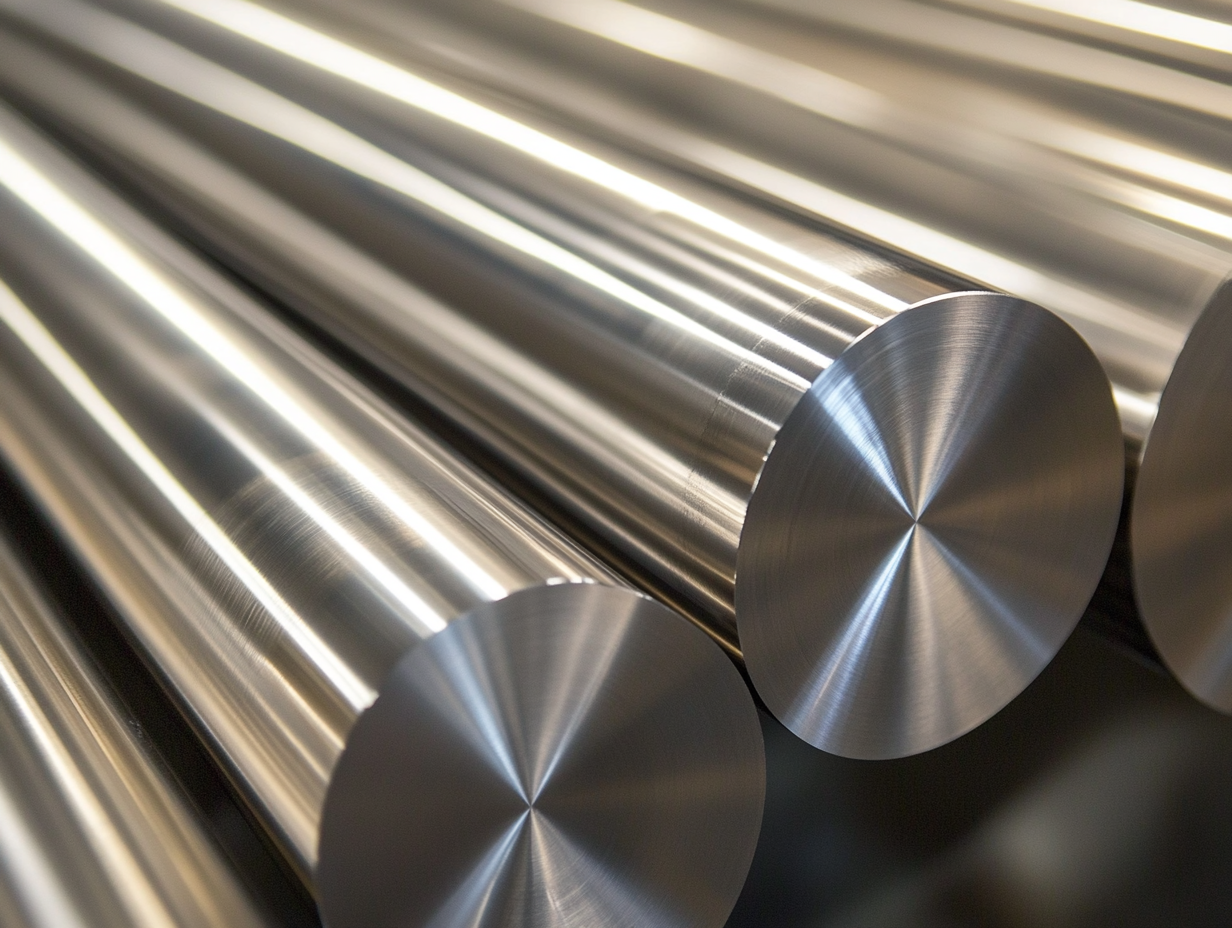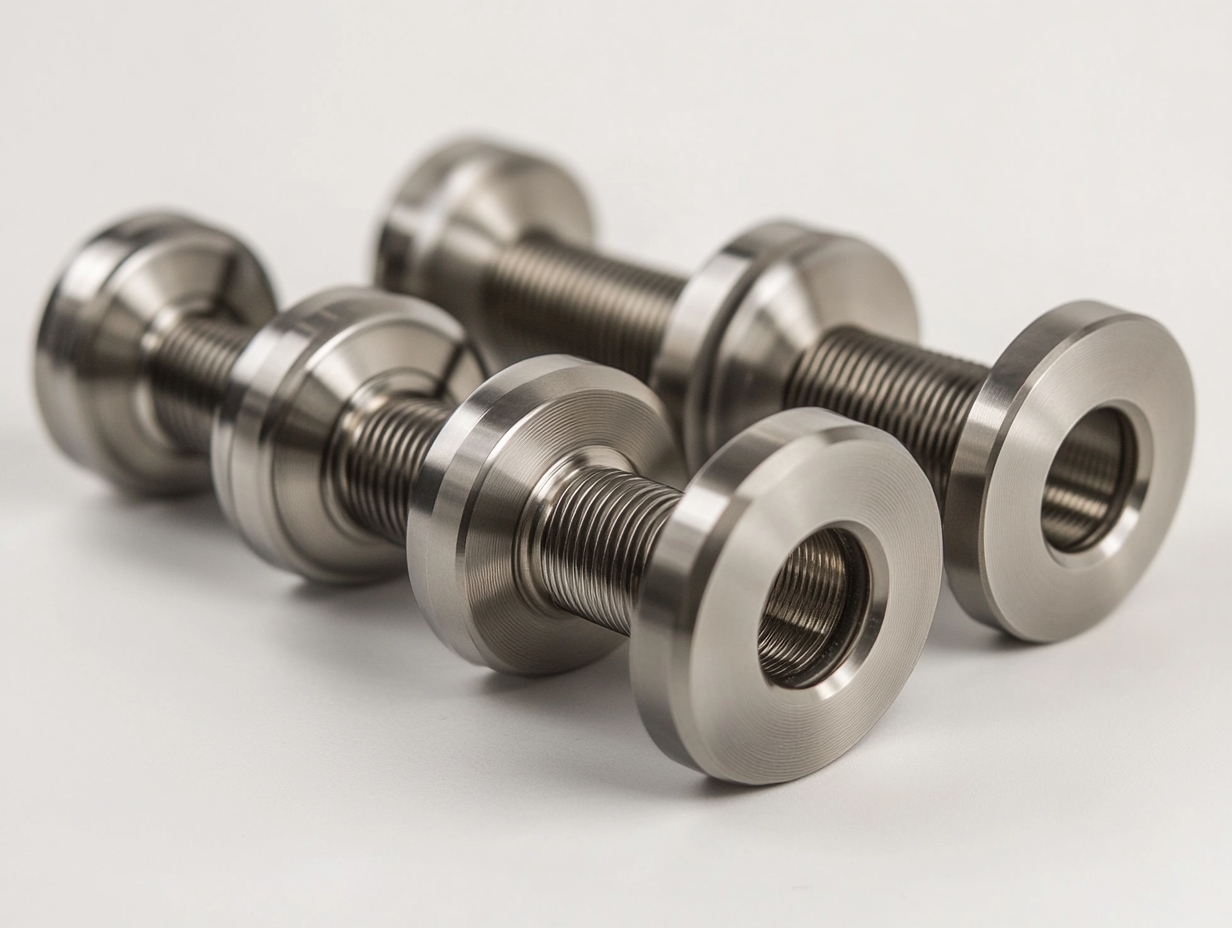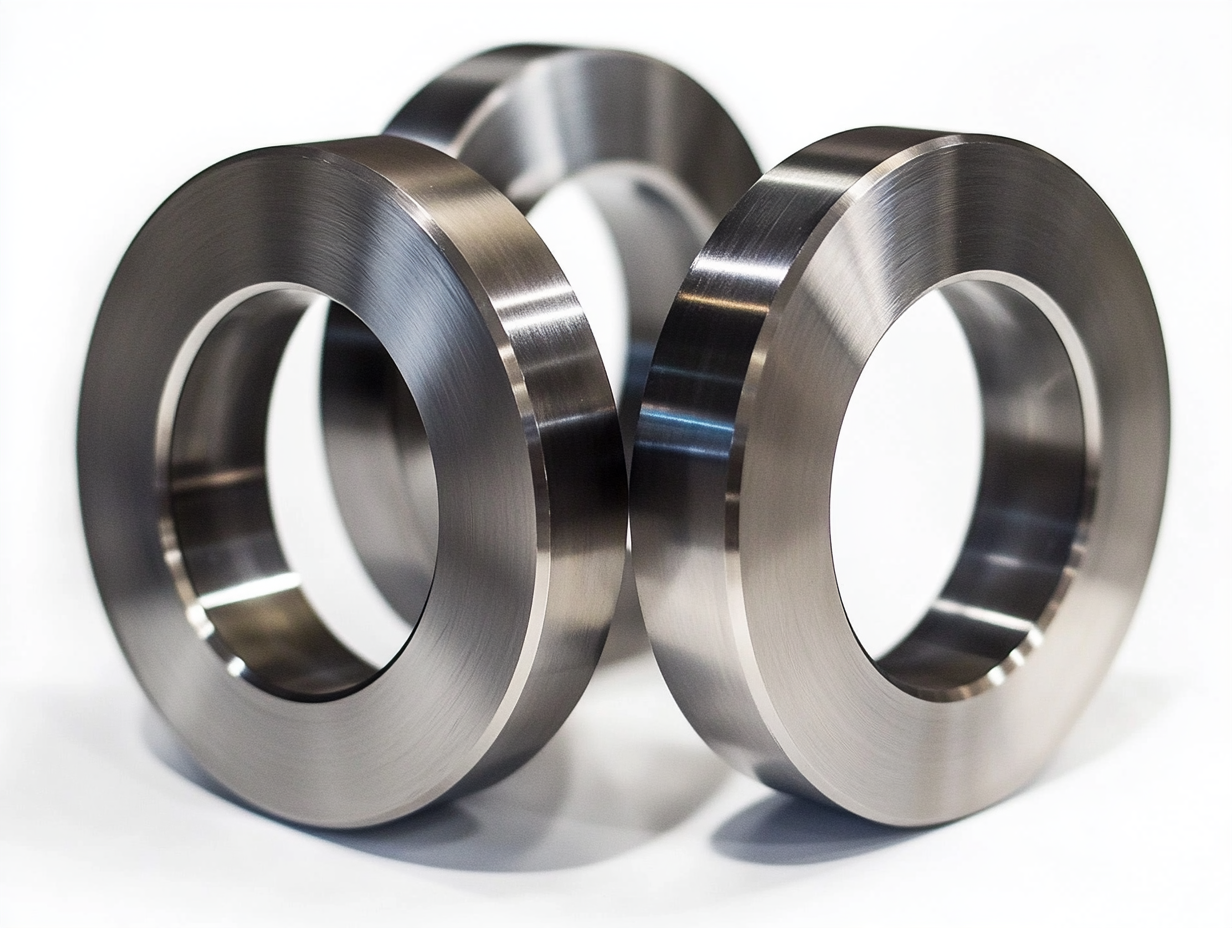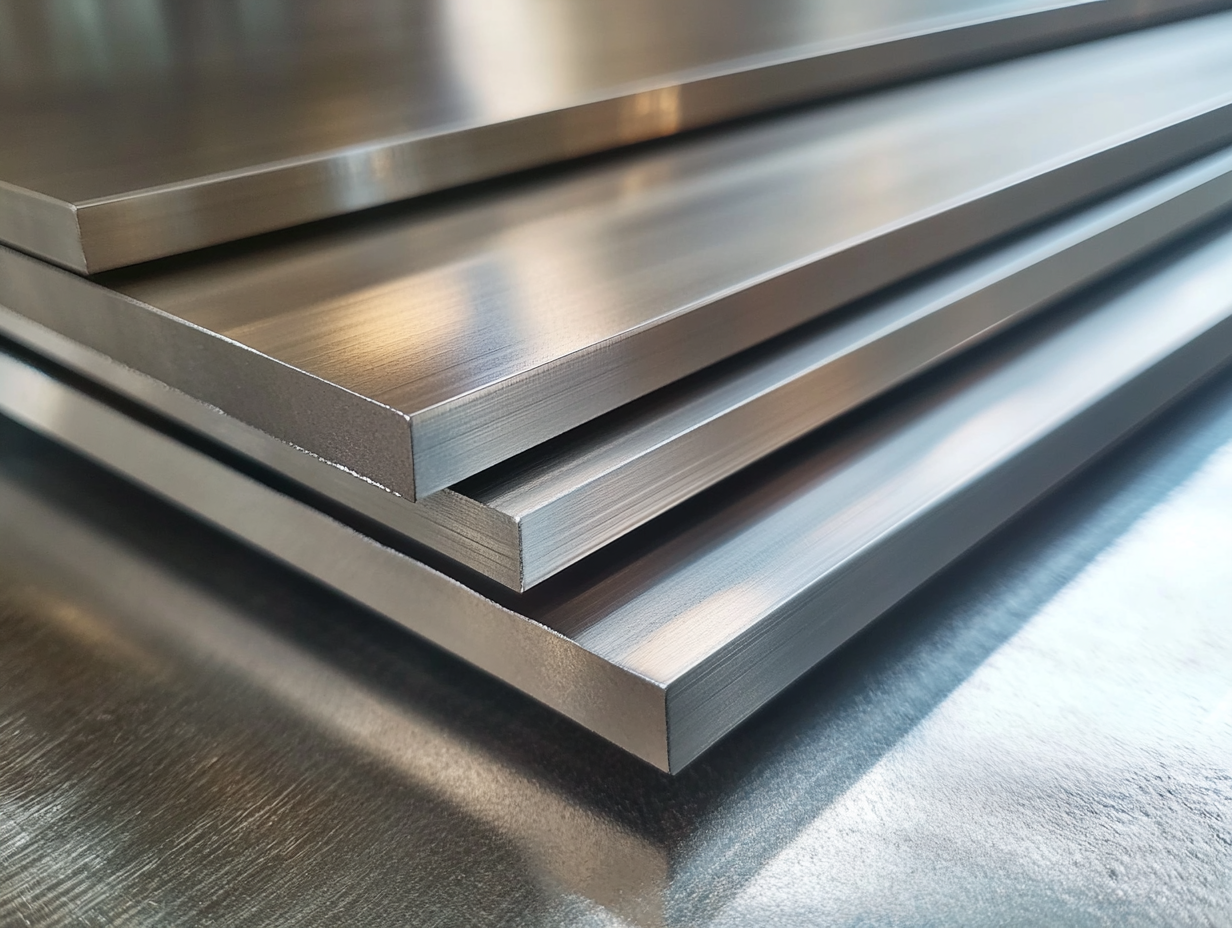Ti-8Al-1Mo-1V Titanium Alloy | AMS4972 (Ti-8-1-1)
QR code
Detail
Ti-8Al-1Mo-1V corresponds to the AMS4972 (Ti-8-1-1) grade in the United States, meeting ASTM B348 and AMS4971/4972 standards, and is commonly used for high-temperature structural components, aerospace, and engine parts.
Ti-8Al-1Mo-1V is a near-α titanium alloy, containing the α-stabilizing element Al and the isomorphous β-stabilizing elements Mo and V. This alloy has a higher modulus of elasticity and lower density, giving it the highest specific stiffness among industrial titanium alloys. The room temperature tensile strength of this alloy is similar to that of Ti-6Al-4V, but it has better high-temperature strength and creep resistance. Ti-8Al-1Mo-1V alloy is more susceptible to hot salt stress corrosion than Ti-6Al-4V alloy. This alloy can be welded using various methods with good welding performance. While toughness may decrease somewhat, the welding strength is comparable to the base metal.
Chemical Composition (%)
• Mo = 0.75%~1.25%
• Ti = Balance
• Al = 7.35%~8.35%
• Fe ≦ 0.30%
• C ≦ 0.08%
• N ≦ 0.05%
• H ≦ 0.015%
• O ≦ 0.12%
• Y ≦ 0.005%
Physical Properties
• Room temperature density: 4.37g/cm³
• Room temperature modulus of elasticity: 118 GPa
• Poisson’s ratio: 0.3
• Hardness: 275~313 HB
• Phase transition point: 1040°C
• Yield strength (σ0.2): ≥ 825 MPa
• Tensile strength (σb): ≥ 895 MPa
• Elongation: ≥ 10%
• Modulus of elasticity: 110 GPa
• Hardness: Approx. 300 HB
• Operating temperature: ≤ 500°C
• Thermal conductivity: 7.2 W/(m·K)
Product Forms
Bars, plates, pipes, wires, strips, forgings, machined parts, with corresponding surface treatments and heat treatments available.
Material Features
• Low density (4.42g/cm³), high specific strength
• Good strength and creep resistance at 450–500°C, with the maximum long-term working temperature being 450°C.
• Low density and higher modulus of elasticity make it an ideal material for aerospace and engine parts.
• Machinability is average, but it can be welded and forged.
Main Applications
Ti-8Al-1Mo-1V is mainly used in aerospace, gas turbines, engine parts, and other applications requiring high-temperature strength and creep resistance. Specific applications include:
• Aerospace engine parts (compressor blades, turbine discs, casings)
• Aircraft structural parts (high-temperature frames, bulkheads, connectors)
• Turbocharger parts
• Spacecraft structural parts
• Military equipment (high-temperature load-bearing parts)
Heat Treatment Process
Ti-8-1-1 is primarily α-phase, so there are fewer heat treatment methods. Common treatments include:
1. Annealing
• Temperature range: 705–815°C
• Cooling method: Air cooling or furnace cooling
• Purpose: Improve dimensional stability and optimize mechanical properties
2. β-Solution Treatment (rarely used)
• Temperature range: 900–950°C (β-phase zone)
• Cooling method: Air cooling or water quenching
• Purpose: Improve strength, but may affect creep performance
In general, the alloy focuses more on the stability of its α-phase, so harsh heat treatments are rarely used.
Comparison of Ti-8-1-1 with Other Titanium Alloys
Grade | Type | Density (g/cm³) | Tensile Strength (MPa) | Operating Temperature (°C) | Features |
Ti-6Al-4V | α+β | 4.44 | 950 | ≤350 | Most commonly used titanium alloy, excellent overall performance |
Ti-6Al-2Sn-4Zr-2Mo | α+β | 4.53 | 1030 | ≤550 | High-temperature titanium alloy, better creep resistance |
Ti-8Al-1Mo-1V | α | 4.37 | 895 | ≤500 | Good high-temperature strength, creep resistance, low density |
Ti-5Al-2.5Sn | α | 4.42 | 825 | ≤400 | Good welding performance |
Ti-3Al-2.5V | α | 4.47 | 800 | ≤350 | Commonly used for tubing applications |

